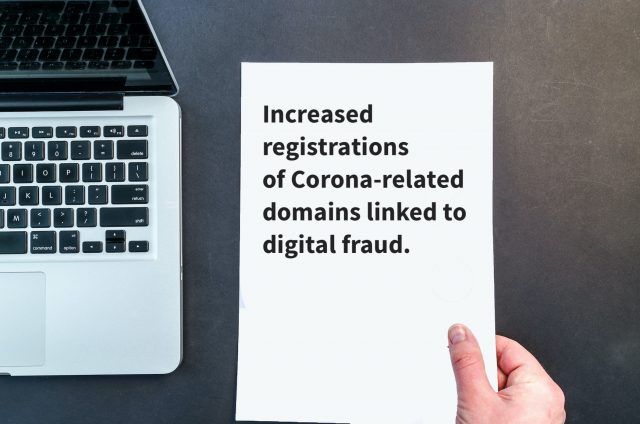Services
Go back
Show all Services
Domain Names
Security
Online Brand Protection
We manage, develop, and protect your digital assets.
Industries
Go back
Industries
Industries
Secure your brand digitally within your industry.
Solutions for challenges within your industry
News
